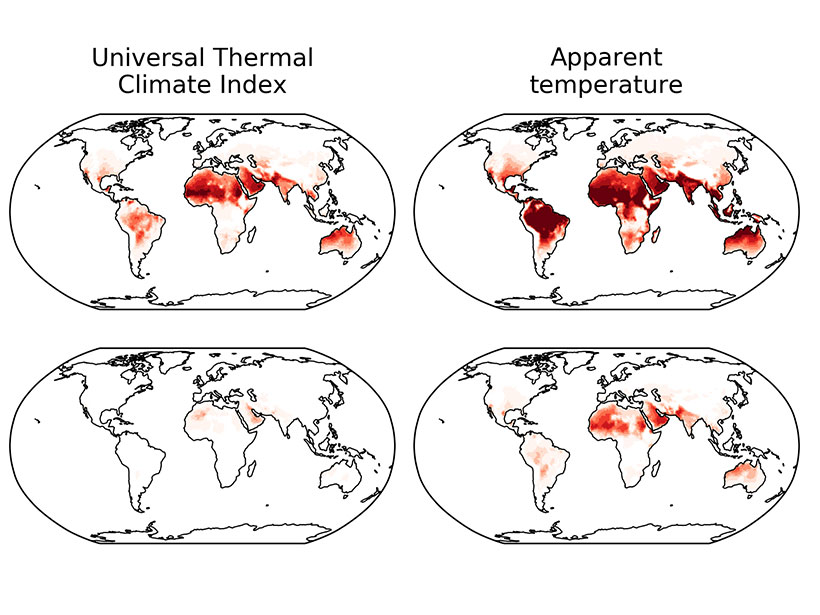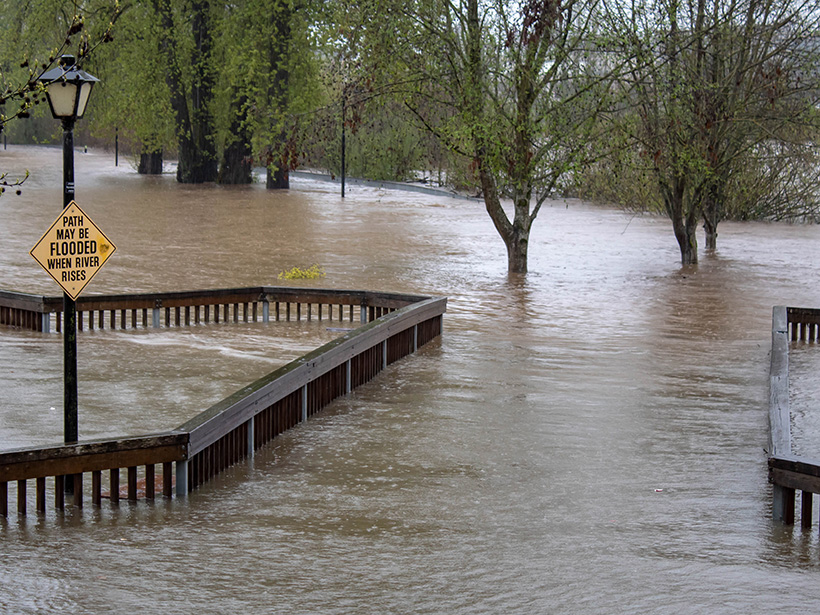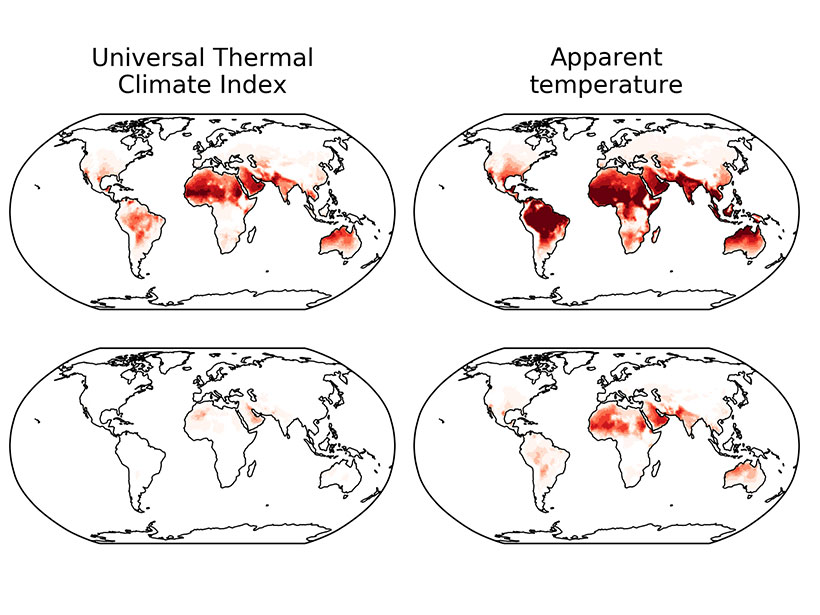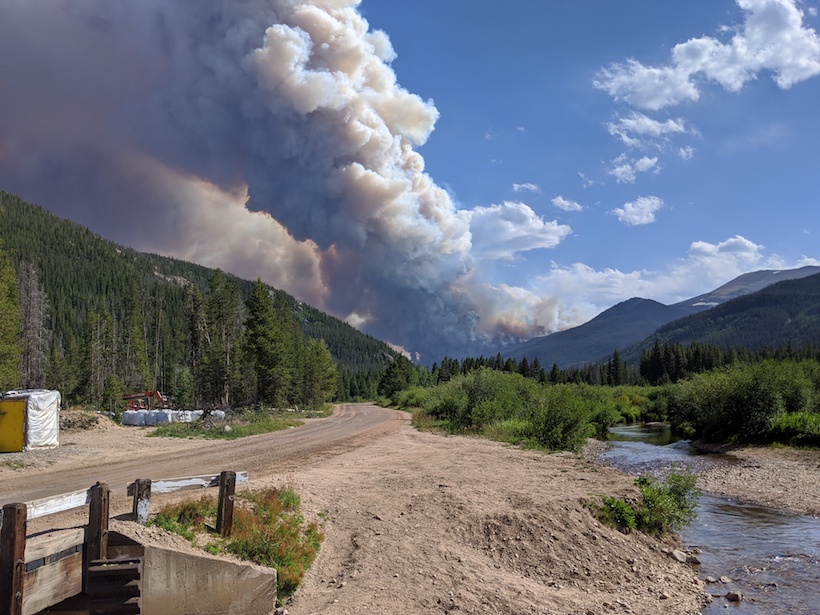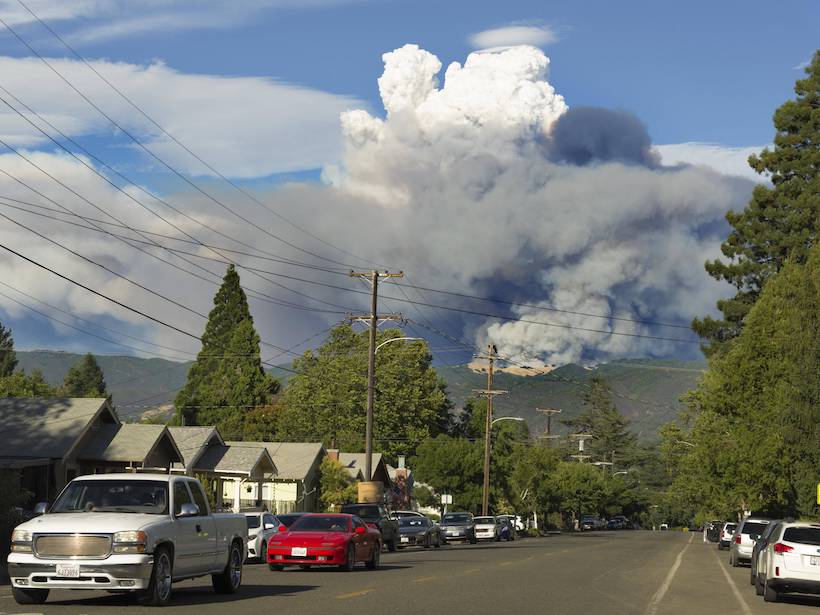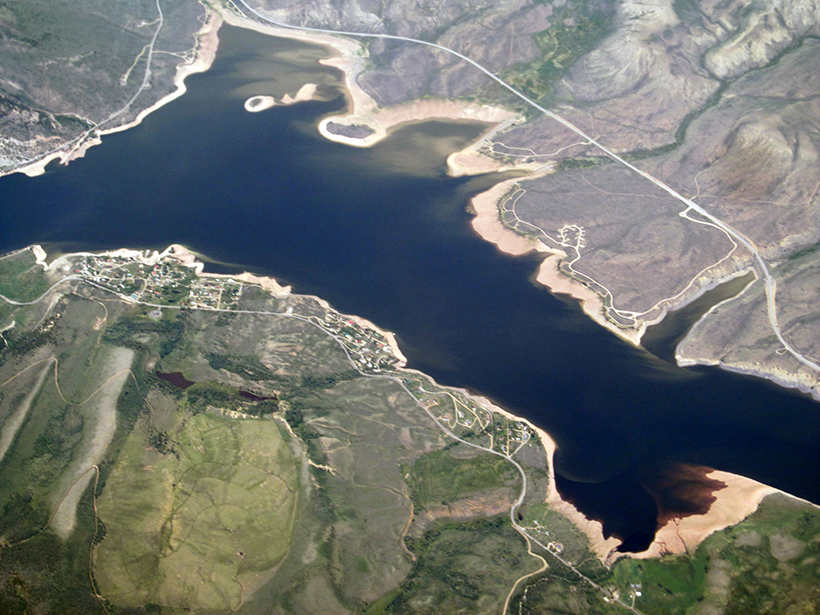不同的指标以不同的方式变化,但是气候模型显示出一个明显的趋势,那就是热应力的增加。
Earth’s Future
Extreme Rainfall Statistics May Shift as U.S. Climate Warms
Precipitation data and high-resolution modeling suggest that extreme rainfall events under a changing climate will be shorter, more intense, and more widely spread out.
Global Warming Causes Uneven Changes in Heat Stress Indicators
Different indicators change in different ways, but climate models project a clear trend of increasing heat stress.
Carbon Capture Can’t Solve the Climate Problem Without Individual Actions
Individual choices like the adoption of electric vehicles are going to factor heavily in meeting the climate objectives of the Paris Agreement.
Evaluating Environmental Predictors of Western U.S. Wildfires
A new analysis highlights the importance of carefully selecting the environmental variables used to drive future changes in wildfire burn area in climate models.
“Thirstier” Atmosphere Will Increase Wildfire Risk out West
New climate projections could inform long-term wildfire and water resources management strategies in California and Nevada.
Australia’s Most Extreme Bushfire Season, Statistically Speaking
Researchers identified climatic and geomorphic risk factors that led to record-breaking fires across Australia during the 2019–2020 fire season.
Different Models, Different Answers in Water Resource Planning
The experimental design used in climate vulnerability assessments can strongly influence the assessments’ findings and skew decisions about which factors are most important for informing adaptation.
To Save Low-Lying Atolls, Adaptive Measures Need to Start Now
New research uses 5,000 years of geological data to understand how and when sea level rise will affect the livability of low-lying reef islands.

